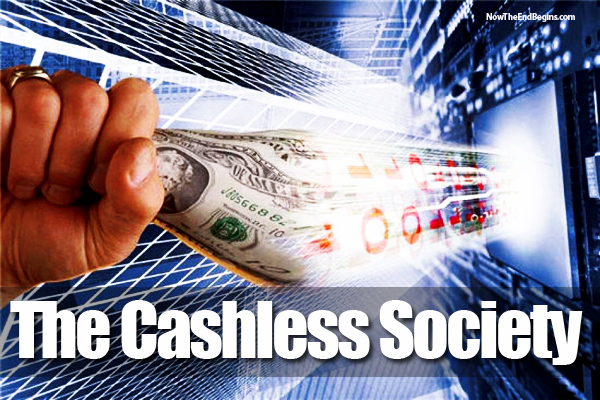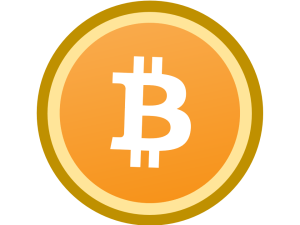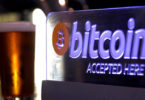The world of payments may seem simple on the outside, but there’s a lot of complexity in the background. There are a number of terms that you’ve probably heard of and not understood or not heard of yet. The emergence of new technologies makes it important for you to stay on top of these trends.
Here is a list of the four payments ‘buzz words’ that you should know:
Unified Payment Interface (UPI)
National Payments Corporation of India (NPCI) recently announced the launch of Unified Payment Interface (UPI).UPI makes use of a single identifier ‘the payment address’ to transfer funds through your mobile phone something like abc@bankname. With just a single click, users can ‘pay to’ or ‘collect from’ this ‘payment address’ eliminating the need to exchange sensitive information such as bank account numbers and do that at a lower cost than card payments. Bankers are calling it the ‘WhatsApp moment’ in the Indian payments industry.
Near-Field Communication tech
Near-Field Communication technology or NFC as it’s popularly known, isn’t particularly a new concept. It has been around since 2003. However, it garnered popularity with the emergence of Apple Pay, Samsung Pay and Android Pay for simplified payments. NFC is similar to Radio Frequency Identification (RFID) and works like any other contactless tech. Simply put, it’s usually devices that share data over a maximum distance of 4-inches. You have probably seen it working at metro and train stations.
What makes NFC so convenient for businesses is that it allows for rapid payment without the need for a card or cash. If you want to pay for something, say a burger, all you would have to do is tap your phone that’s linked to your payment card on the NFC reader in the store and the payment is made.
Mobile Wallets
Mobile wallets are a hot topic in the country right now. Right from paying your utility bills to your daily transactions like paying the cab or buying groceries, you can do almost any kind of payment with a mobile wallet. However, there are diverse perceptions about what it actually is. This has led to confusion among players and stakeholders in the industry and it can be a major barrier to its adoption.
A mobile wallet is the digital equivalent of a physical wallet—where you store digitized valuables, like credit/debit card number, and pre-load a certain amount in the account created with the service provider. This amount can be spent at an online or offline store and the service provider authorizes the transaction. However, RBI has stipulated a spending limit of Rs 10,000 for a non-verified user and Rs 100, 000 for a verified user.
The promise of ease, convenience of use and east cashbacks make mobile wallets a preferred choice of payments. Instead of searching for the right credit or debit card, your customers come to you with a pre-loaded digital wallet, give you their mobile number, confirm a debit request and you are done. No cards, no chargeslips and no change is required.
Crytocurrency
Digital currencies like Bitcoins are making inroads in India as a mode of payment. India currently has around 50,000 bitcoin enthusiasts, with 30,000 of them actually owning the currency.
Bitcoins are digital currencies created and held electronically. Their value is determined on the basis of their demand and supply. Only 21 million Bitcoins can be generated globally and they can be traded even in fractions, up to eight decimals. At present, the value of a bitcoin is around USD 430 a unit, or about Rs. 30,000.
The RBI was initially skeptical about the use of bitcoins but has appreciated the strengths of the underlying blockchain technology used for transactions that stores all the information in a public ledger. A single change in information will change the code of the information, making it highly impossible for any foul play to go unnoticed.
Is cash still king?
Disruptive technological innovations are changing consumers spending behaviour. However, the transition has been slow because of complicated processes and security concerns. However, we are now at the cusp of change with the government’s focus on cashless payments and the simplified (and secure) payment solutions from innovative companies. Fintech companies along with banks will play a huge role in driving the social inclusion charter of the government.
There is a lot happening in the payments ecosystem globally. Sweden for example is one of the flagship markets in the world, which is hooked on the convenience of paying by app and plastic and is 100 percent cashless.
India is leapfrogging towards being a cashless economy and the millenials are paving the way for this change. These solutions will work if they are able to handle customer grievances, security and fraud. As RBI governor Raghuram Rajan recently warned, “There is still some way to go.”
Click on the bitcoin logo below to buy, use or accept bitcoin. Unocoin is India’s most popular bitcoin wallet.
To read the bitcoin white paper, visit: https://bitcoin.org/bitcoin.pdf








